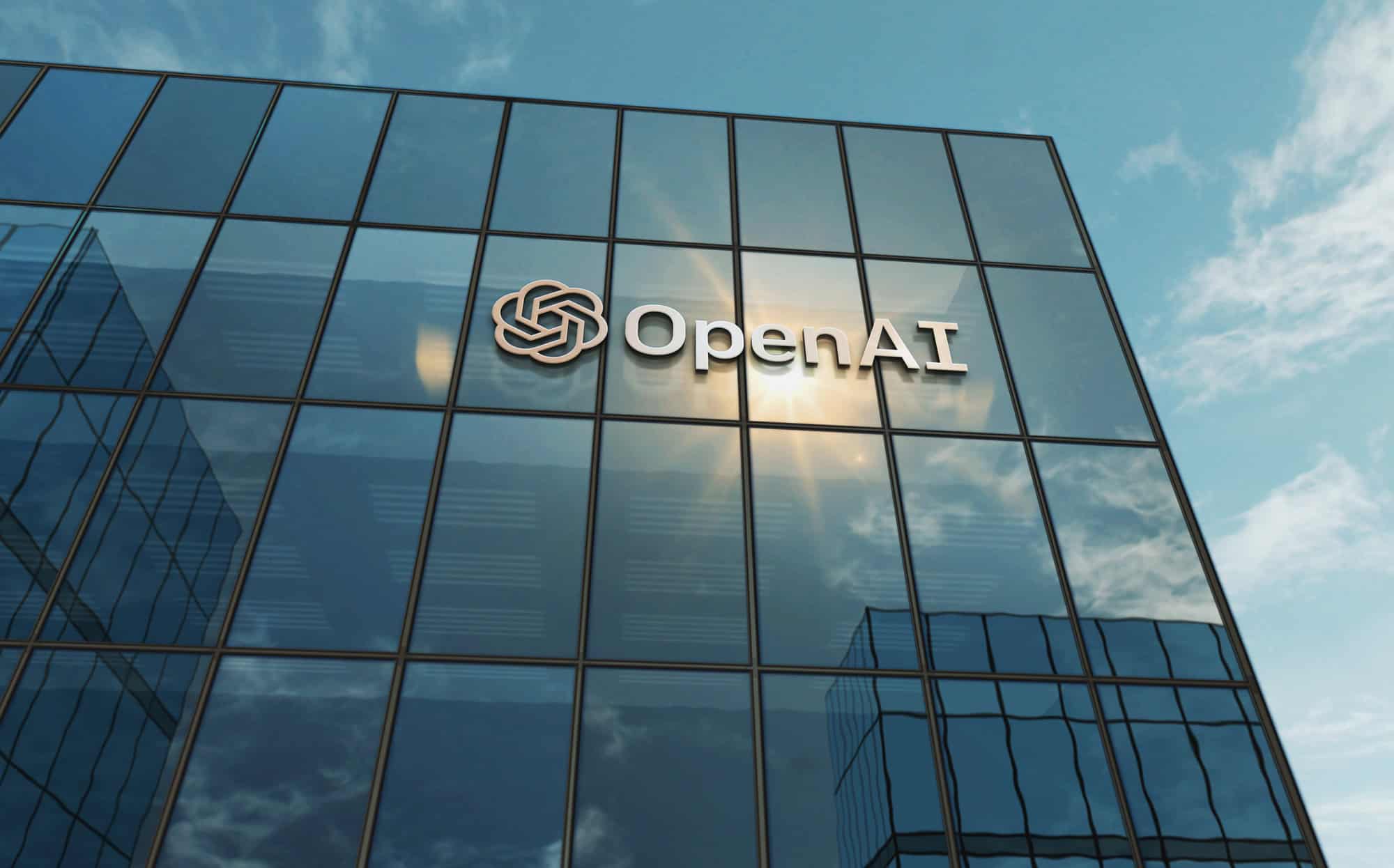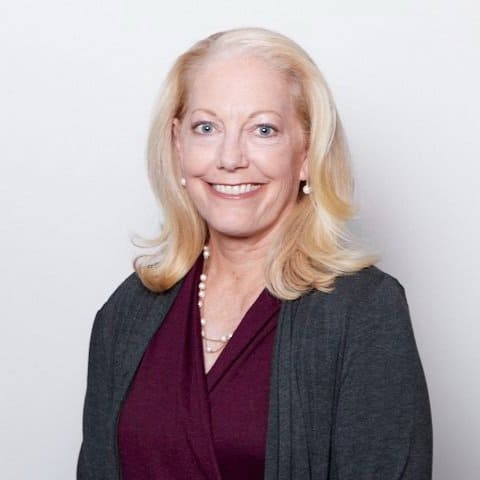Wealthtender is a trusted, independent financial directory and educational resource governed by our strict Editorial Policy, Integrity Standards, and Terms of Use. While we receive compensation from featured professionals (a natural conflict of interest), we always operate with integrity and transparency to earn your trust. Wealthtender is not a client of these providers. ➡️ Find a Local Advisor | 🎯 Find a Specialist Advisor

Do you work at OpenAI? Get the resources you need and expert insights from financial professionals who specialize in helping OpenAI employees make the most of their compensation package and benefits.
Whether you’re a new OpenAI employee or you’ve moved up the ranks into a management or executive leadership role over a multi-year career, it’s important to make smart money moves with your income and employee benefits. For example:
✅ Do you know the right moves to make to get the greatest value from the OpenAI benefits available to you?
✅If you’re thinking about leaving OpenAI for another job or planning to retire from the company in a few years, are you taking the right steps today to ensure you will receive all of the compensation and benefits that you’ve earned?
Get the Most Value from Your OpenAI Benefits and Compensation Package
Throughout the year, OpenAI provides its employees and executives with updates about their benefits ranging from health insurance and health savings plans to retirement plans like a 401(k), and deferred compensation plans. While the company offers many useful resources and access to knowledgeable staff who can assist with questions, you’ll also find financial professionals not affiliated with OpenAI who specialize in helping OpenAI employees make the most of their income and benefits.
Whether you work in the OpenAI headquarters in San Francisco, California, another office location around the country, or remotely from home, you may have questions about your compensation package and benefits better suited for a financial professional who can offer unbiased advice and guidance.
For example, sensitive topics like discussing the steps you should take before quitting your job at OpenAI to work elsewhere or deciding when you should plan to retire are all conversations that may be more comfortable with a trusted financial advisor.
Should you hire a OpenAI specialist financial advisor or an advisor close to home?
You’ll likely find dozens of nearby financial advisors well-suited to help you reach your money goals with a personalized plan. But it may be more difficult to find a financial advisor who specializes in serving OpenAI employees.
Fortunately, many financial advisors offer virtual services so you can meet online no matter where you (or they) live.
This means you can choose to hire a specialist financial advisor who lives hundreds of miles away if you decide their knowledge and experience working with OpenAI employees is a better fit to help with your unique needs.
💡 In the Q&A below, you’ll gain insights from financial advisors who work with OpenAI employees to help them make smart decisions to get the most value from their compensation and benefits, reduce their money stress, and prepare for a comfortable retirement.
🙋♀️ Do you have questions not yet answered? Use the form below to submit questions anonymously and watch this article for updates with answers to your questions. You can also reach out to the financial advisors below to set up an introductory call or contact them with your questions by email.
💸 Smart Money Insights for OpenAI Employees & Executives
This page is organized into sections to help you quickly find the information you need and get answers to your questions:
- Q&A: Financial Planning Tips for OpenAI Employees & Executives
- Get Answers to Your Questions About Your OpenAI Benefits and Career
- Browse Related Articles
Q&A: Financial Planning Tips for OpenAI Employees & Executives
Answers to Employee Questions with Jackie Lewis, CFP®, MBA
Jackie Lewis is a financial advisor based in San Diego, California who specializes in offering financial planning services to OpenAI employees. Jackie helps her clients get the most value from their OpenAI benefits and compensation package so they can enjoy life and feel confident about their financial future.
Q: As a financial advisor with experience helping OpenAI employees save for their retirement, how do you help them make the most of their employee benefits?
Jackie: OpenAI has some great benefits and we make sure that you are taking advantage of all that they offer. This includes helping you with equity compensation, retirement accounts, health insurance and family benefits within their overall corporate benefits package.
Q: When you first speak with a OpenAI employee, what questions do you like to ask to better understand their unique circumstances and determine how you can best help them achieve their goals?
Jackie: OpenAI has unique features in their periodic tender offers so we help you to strategize around the best way to tax efficiently liquidate your PPUs based on your unique situation and needs. This leads to questions such as What are your goals in life? How long do you hope to stay with Open AI? What would you like to do for your family? How well do you feel you understand your equity compensation? Do you have an idea of what taxes you will owe with your total compensation package?
Q: Is there a particular benefit available to OpenAI employees you feel isn’t as well utilized or understood by employees as it should be?
Jackie: We help you to understand your PPUs and put together a strategic plan to find the most tax efficient way to liquidate this compensation so that you can use this to fund your goals whether they be financial freedom, a home purchase, travel plans, etc.
Q: Beyond OpenAI employee benefits for retirement savings, are there other types of benefits offered by the company that you find valuable to discuss with your clients?
Jackie: OpenAI provides a significant portion of your compensation through their PPUs so we guide you through how best to leverage them during a tender offer so that you pay the lowest tax possible and have a multi-year plan at your finger tips.
Q: For OpenAI employees thinking about leaving the company to accept a job elsewhere, what actions do you recommend they take before resigning and shortly thereafter?
Jackie: If you’re thinking of leaving OpenAI, you should consider the impact on your PPUs which will now take a lower ranking than current employees. In addition, any first-year bonus that may need to be repaid, and whether they are prepared with enough emergency savings if making a move to a smaller tech company.
Another consideration is health insurance. Health insurance will end at month-end of your employment. Knowing you have another job starting in a few weeks vs. a few days may leave you open to a medical emergency if coverage is not continuous. Finally, 401(k) employee contributions and HSA contributions are a sum game across employers. If you contribute the maximum to the OpenAI 401(k) and then move to a new employer, you will need to wait until the next year to start contributing to the new 401(k).
Q: For OpenAI employees approaching retirement age, how do you recommend they prepare to make the transition from living off their salary to relying upon other sources of income?
Jackie: Many of our tech professional clients look to make work optional around age 50 to age 55. This means a time of needing taxable investments and medical coverage. We work with our clients to understand COBRA and health exchange options years in advance, so we have a good year of emergency savings ready for the first big moment of this next phase in life. Then, it’s really about seeing how you can lean into your values and passions while keeping the finances in mind.
Some of our clients go on to create their own startups or decide on consulting or volunteer work, etc. ‘Retiring’ isn’t about sitting around. These different adventures may require cash needs to get going, so we make sure we understand what will be going out the door for this as well. We help them structure their cash flow needs so they can see how they are doing spending-wise compared to what we planned for.
Q: For OpenAI employees who have managed their finances on their own to this point, what would you suggest they consider to help them decide if they should begin working with a financial advisor at this stage in their lives?
Jackie: An advisor can help with short-term decision-making such as equity compensation decisions, tax advantaged guidance, etc. and also with bigger-picture thinking (i.e. creating a framework so you can see the direction all your hard work is taking you, and make sure your money behaviors are aligning with your life goals). A client is often already doing many of the right things and the value of the planning process is to put things in a broader framework to allow for proactive/intentional decisions to be made as well as being a sounding board and accountability coach for the client.
We encourage DIY investors to consider the cost of NOT getting a second opinion. Investment management is one thing, but retirement planning has incredible nuance to it that many people overlook such as:
- How will my investments be taxed? Can I minimize my lifetime taxation? Am I taking too much (or not enough) risk in the markets?
- What is my plan to turn my assets into income? What are the tax implications of doing that?
- Am I going to run out of money? How should I deal with Inflation?
- What about long-term care?
- Are my beneficiary designations up to date? Do I understand what’s going to happen to my assets when I pass?
- Do I need life insurance? Do I have enough or too much? Should I keep these old policies?
There are a number of different areas that a Certified Financial Planner (CFP) can provide incredible value to a recent retiree, even if they choose to continue to manage their own investments.
Q: What are some of the unique financial planning challenges you commonly see among your clients who are OpenAI employees and how do you help them overcome these obstacles?
Jackie: A good, high-paying job in tech can feel a bit like golden handcuffs sometimes and it can be hard to imagine walking away. But, if you want to prepare for an exit or a shift to a different industry, we can create a pathway to ease the transition. In a role with equity compensation, a challenge can be to define how much to rely on that compensation in the plan. It’s variable and can be hard to quantify, but can be significant. So, having a firm structure based on a client’s comfort with the exposure and how it’s treated in the plan is important.
Q: What questions do you recommend OpenAI employees ask financial advisors they’re considering hiring to help them decide if they’re a good fit?
Jackie: Are you a fiduciary? Do you have to act in my best interest? Will you be providing comprehensive financial planning or just investment management? What will I pay in fees? Are there any hidden fees in the products you’re recommending?
Get to Know Jackie Lewis, Financial Advisor for OpenAI Employees:
View Jackie’s profile page on Wealthtender or visit her website to learn more.
Are you a financial advisor who specializes in working with employees at OpenAI or another large company?
✅ Join Wealthtender and get featured as a specialist financial advisor based on your knowledge and experience working with employees at OpenAI or another large company. (Subject to availability and terms.)
✅ Sign up today and join financial advisors attracting their ideal clients on Wealthtender
✅ Or request more information by email:
🙋♀️ Have Questions About Your OpenAI Benefits or Career?
📰 Browse Related Articles
Are you ready to enjoy life more with less money stress?
Sign up to receive weekly insights from Wealthtender with useful money tips and fresh ideas to help you achieve your financial goals.
About the Author

Brian Thorp
Founder and CEO, Wealthtender
Brian and his wife live in Texas, enjoying the diversity of Houston and the vibrancy of Austin.
With over 25 years in the financial services industry, Brian is applying his experience and passion at Wealthtender to help more people enjoy life with less money stress.
Wealthtender is a trusted, independent financial directory and educational resource governed by our strict Editorial Policy, Integrity Standards, and Terms of Use. While we receive compensation from featured professionals (a natural conflict of interest), we always operate with integrity and transparency to earn your trust. Wealthtender is not a client of these providers. ➡️ Find a Local Advisor | 🎯 Find a Specialist Advisor





